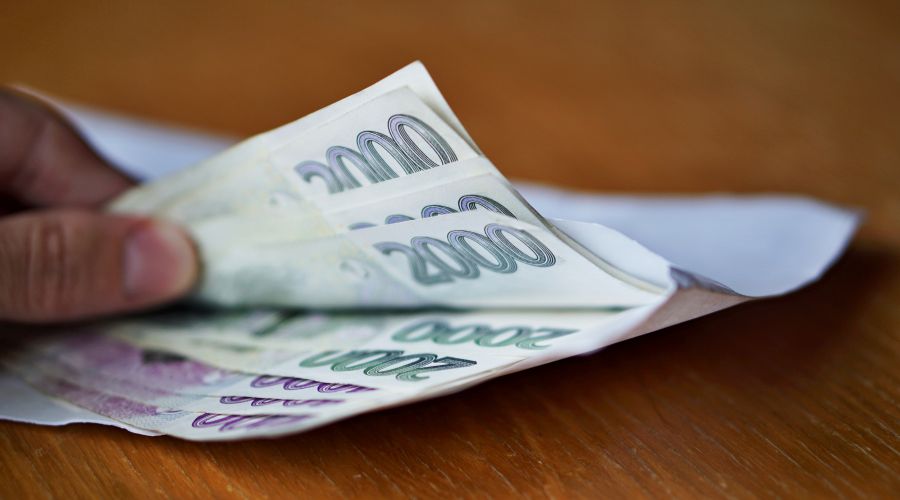The Czech economy is going through difficult times. High inflation is breaking all records, and residents are acutely aware of the negative development of the country’s economy. Back in 2021, an average inflation of 3.8% seemed incredibly high, but now there is no certainty that the Czech Republic will return to this level even by the end of next year.
Prices for goods in the Czech Republic are growing faster than in almost all other EU countries. Record high inflation in the Czech Republic was registered in September, when it amounted to 18%. Such data became the maximum indicator since 1993. In November 2022, the indicator increased (after falling in October) to 16.2%.
The Czech Republic currently ranks 13th in terms of inflation in Europe. Since March 2022, the inflation rate in the Czech Republic has exceeded the level of the indicator in neighboring countries – in Poland, Slovakia, Hungary, and Germany. In November of this year, inflation in Poland rose strongly to 17.4%, outpacing the figure in the Czech Republic.
One of the reasons for such high inflation was the high cost of energy, which led to an increase in prices for consumer products and fuel. Analysts expect further growth in the indicator in the country, even exceeding the 20% threshold is not ruled out.
For example, the price of electricity increased in September by 37.8%, for natural gas by 85.9%, and for solid fuel by 55.8%. On an annualized basis, prices for renting apartments also increased by 5.2%, for water and heat by 21.1%. As for food products, the price of flour went up by 61%, milk and butter by 50.1%, meat and sugar by 35%.
The government has taken measures to reduce energy prices. Citizens no longer have to pay a special tax on renewable energy. This has led to lower electricity and gas prices, not because prices are actually getting cheaper, but because part of the price is now paid by the government.

Education prices have also risen in recent months. Tuition fees increased in kindergartens, as well as in private gymnasiums, by about 5.7%. The cost for language courses increased by 9.2%.
The reverse situation is observed in the field of culture and recreation, where prices are compared with previous months. At the end of the summer, we can say that prices for vacations with complex services have become 20.5% lower.
According to the forecasts of the Czech National Bank, inflation may fall to the initial 2-3% at the end of next year. But this estimate does not include important factors such as the consequences of the war in Ukraine, the restriction of gas and oil supplies, new waves of coronavirus diseases.